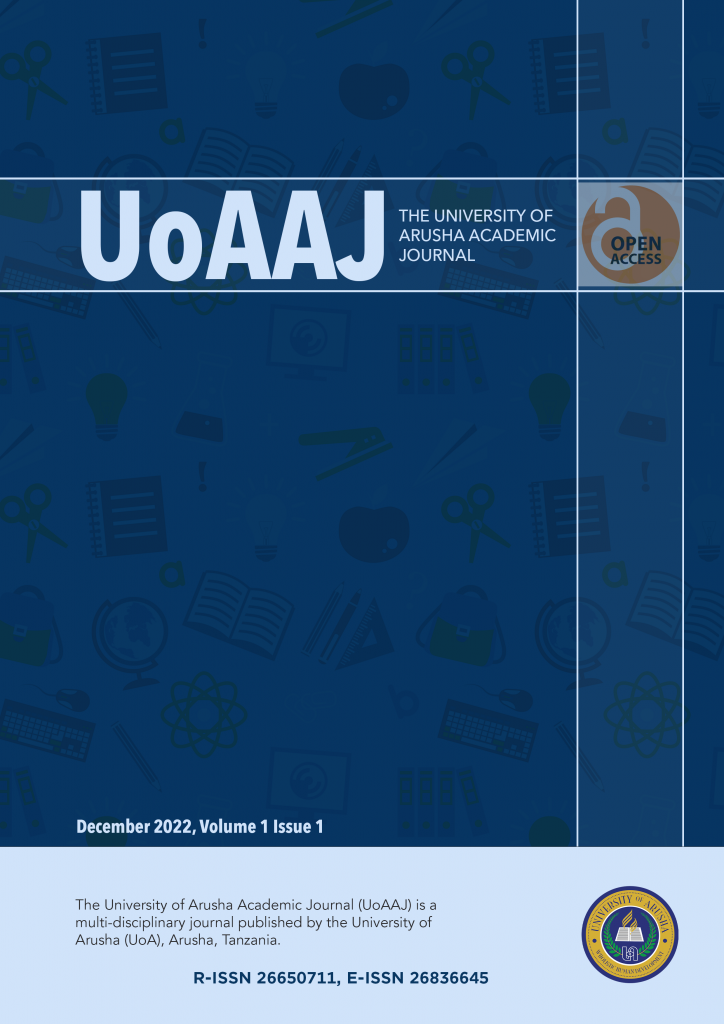PEDAGOGY OF THE OPPRESSED (A Revisit of Freire’s Thesis Vis-à-Vis Adventist System of Education)
Patrick Manu
Abstract
The development of any country, society, or community depends upon the system of education that the people go through to prepare themselves to take up various responsibilities. A faulty educational system or an ideal one has consequences on the economic, social, and political systems of that entity, be it a country, society, or community. One person who was interested in studying this trend was Paulo Freire, an educationist from Brazil. Freire’s study was based on an educational pedagogy that oppresses or liberates those involved in the teaching-learning process. An examination of both, the pedagogy to oppress or to liberate permeates many systems of education in the world. This paper revisits Freire’s thesis entitled, “Pedagogy of the Oppressed”, and examines how some of these ideas are in line with the Seventh-day Adventist system of education.
Key Words: Pedagogy, banking concept, problem-posing concept, oppressor, oppressed.
Cite this Article
Patrick, M. (2023). PEDAGOGY OF THE OPPRESSED. University of Arusha Academic Journal, 12-18.
References
Augusto Boals (1993). Theater of the Oppressed. New York: Theatre Communications Group.
Freire, Paulo (1978). Entrevistas con Paulo Freire (Interviews with Paulo Freire) Ediciones Gernika.p.55
Freire, Paulo, (1996) Pedagogy of the Oppressed. Oxford Penguin.
Friedenberg, Edgar Z. (1971). Review of Pedagogy of the Oppressed. Comparative Educational Review. 15 (3) 328 – 380
Green, Elliot D. (2016). What are the most-cited publications in the Social Sciences? Research in line. London School of Economics and Political Science.
Holst, John (2008-2009). “Paulo Freire in Chile, 1964-1969. Pedagogy of the Oppressed in its Sociopolitical Economic Context. Harvard
Educational Review. 76 (2); 243-270Kirylo, James D. (2012 01-01). Pedagogy of the
Oppressed: The Publication Process of
Paulo Freire’s Seminal Work. Social Studies
Research and Practice. 7 (3): 122 – 129.
Lundhalom, Nicholas (2011). Cutting Class:
Why Arizona’s Ethic Studies Ban Won’tBan Ethnic Studies. Arizona Law Review.
53:1041-1088.Skiduore, Thomas E. (1989). The politics of
military rule in Brazil 1964-85.
New York: Oxford.Sten, Sol (2006) “The Ed Schools’ Latest –and
Worst-Humbug. City Journal, 16 (3).Sten, Sol (2009). “Pedagogy of the Oppressor.
City Journal 19. (2).White, E.G. (2018), Christian Education
Washington: Review & Heraldhttps;//m.egwwritings.org/en/book/1976.40
https;//media2.egwwritings.org/pdf/en_Ed.pdf

